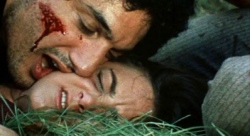
 In this English-language actioner from Hong Kong, two cops (one of whom is Aaron Kwok of Storm Riders, although they look so much like twins, I could hardly tell them apart) are out to quash a mob ring that, for the first time, is channeling drugs into mainland China.
In this English-language actioner from Hong Kong, two cops (one of whom is Aaron Kwok of Storm Riders, although they look so much like twins, I could hardly tell them apart) are out to quash a mob ring that, for the first time, is channeling drugs into mainland China.
Heading the operation is cocksure Mark Dacascos (Brotherhood of the Wolf), eager to work out the details of a $14 million coke transaction with his visiting supplier, played by rap star Coolio, who must’ve had it worked into his contract to have his character be named Coolio as well. Three times he says, “Man, I could get used to this shit!” Assisting them is a mysterious cutie not afraid to strip naked when she’s accused of wearing a wire.
 For all its flaws — not much of a story, Coolio — China Strike Force delivers in the action department. From the opening training sequence, the film moves to a foot chase on a busy highway with the pursued and pursuer eventually jumping from moving vehicle to moving vehicle. There’s also a great, high-octane car chase between a Lamborghini and a race car, plus several rounds of martial-arts showdowns. But the biggest and best stunt is saved for last, with the characters battling on a constantly tilting plate-glass window suspended high above the city.
For all its flaws — not much of a story, Coolio — China Strike Force delivers in the action department. From the opening training sequence, the film moves to a foot chase on a busy highway with the pursued and pursuer eventually jumping from moving vehicle to moving vehicle. There’s also a great, high-octane car chase between a Lamborghini and a race car, plus several rounds of martial-arts showdowns. But the biggest and best stunt is saved for last, with the characters battling on a constantly tilting plate-glass window suspended high above the city.
Not surprisingly, old pro Stanley Tong — director of several Jackie Chan films, including Rumble in the Bronx and Supercop — is behind the camera and guides his affable leads to direct-to-video greatness. Be sure and stick around for the Chan-tastic ouch-takes at the end credits. —Rod Lott

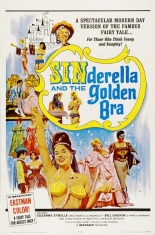
 This
This 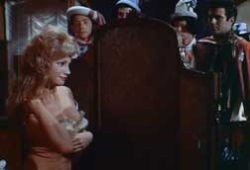

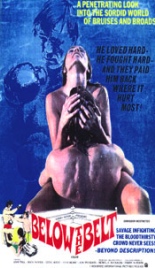
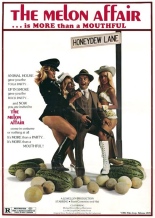
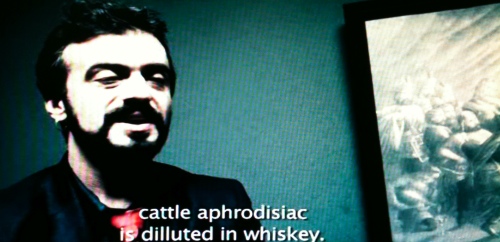
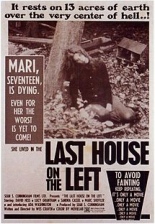
 Attention,
Attention, 